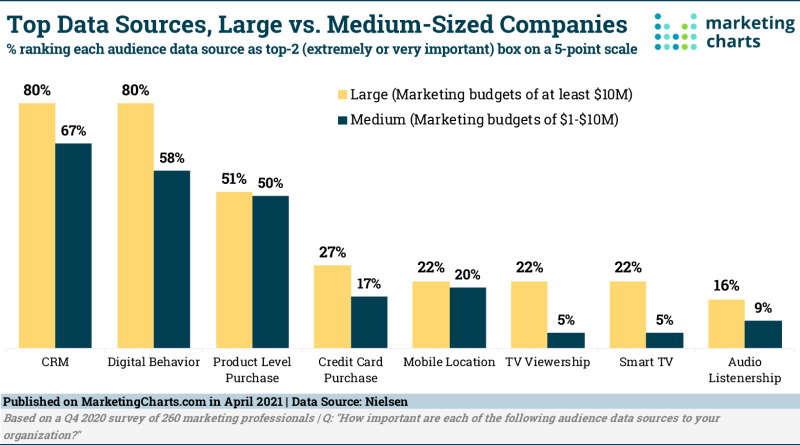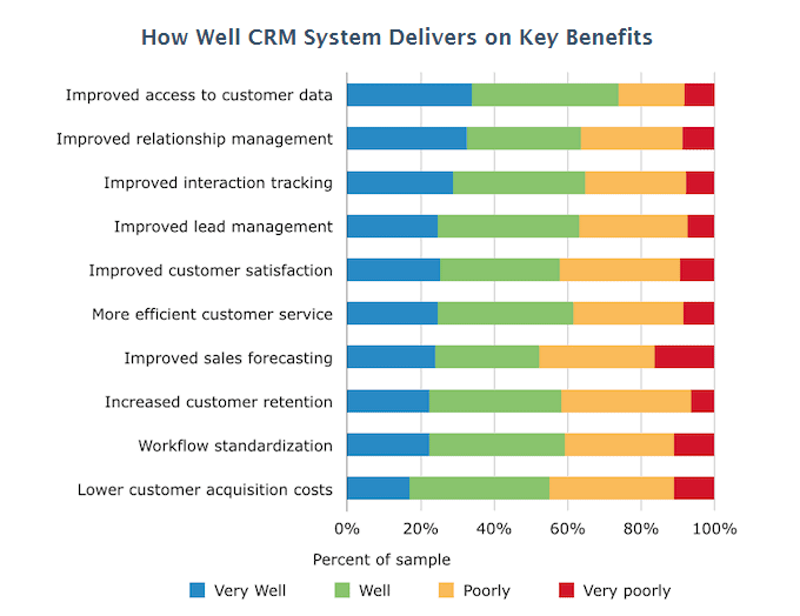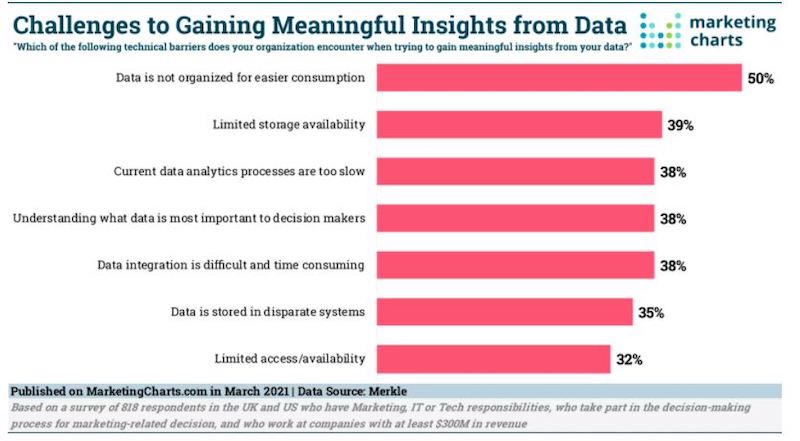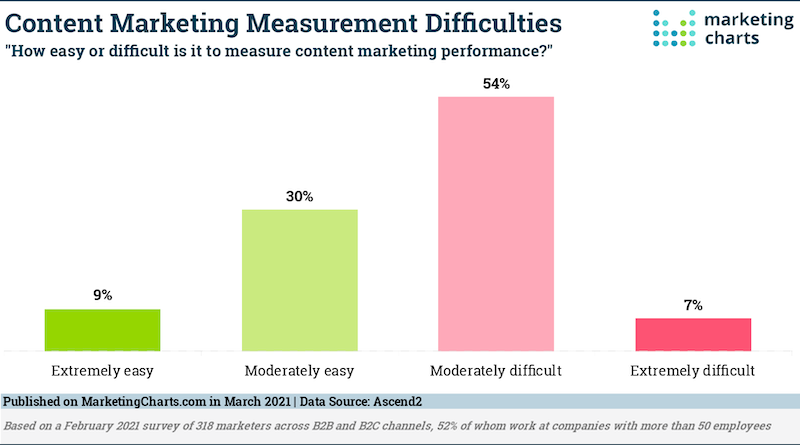Managing Your Team With CRM Software
In order to maximize your team’s performance, you’ll have to get them to work as a functional whole, which is never easy.

Managing your team with CRM software is no magic wand, but it can help with a number of problems that create a lot of hassle, such as:
And a lot more. That’s just too much.
Obviously a CRM can’t just outright solve all these problems. It’s a priceless source of valuable customer data, it speeds up workflows and smoothens them out, and its great automation capacities help marketers focus on the creative side of the job instead of spending time on repetitive, tiresome tasks.
In addition, teams usually consist of different, unique characters, which means a lot of moving parts and leads to many surprises. In order to maximize their performance, you’ll have to get them to work as a functional whole, which is never easy.
Let’s see how this exactly works in more detail.
Devising a Content Strategy
As it was just mentioned, probably the greatest advantage of CRM software is the access to a huge pool of reliable and accurate customer data. These data should inform your decisions about the type of messages you’ll send out and is especially important for developing a broader content strategy.
With CRM, you’ll be able to check what kind of content brings people to the client’s or company’s website, who these people are, what interests them, which channels they use, and how they react to your marketing efforts. Then you can set the style and the tone you’ll use to address them and interact with them.
This way, you’ll also know who to target in order to expand the customer base. Moreover, CRM data will help you find suitable topics and optimize your content so that it resonates strongly with the target audience. By looking at which channels or keywords they used to come to the client’s website, you’ll be able to create content they will find intriguing and engaging. Finally, you can use CRM to spot periodic trends so you can create calendars and produce laser-focused content.
Fine-Tuning and Personalizing Your Content
Thanks to such detailed customer data, you can make your targeting and messaging really advanced. You have basically all the audience data in a single central database, and an efficient lead scoring system enables you to closely follow each one of your leads throughout their customer journey.
This allows you to customize your emails and ads or any other sort of messages depending on the stage of the journey and past interactions. By looking at the funnel and locating leads inside it, you can personalize the messages you send to each and every one of them or to each segment of your audience. Every stage of the buyer’s journey requires a different approach to the customer or the prospect and having access to this kind of intelligence can significantly boost your team’s results.
This is especially important for B2B in-house teams because they work with much fewer leads than B2C and their value is much higher. They’ll love the fact that there’s an overview of the entire pipeline, which provides crucial input for your team in terms of who they’re writing for and when to react.
Furthermore, you can create all kinds of segments thanks to these customer insights. You’ll be able to split your audience into groups based on their personal info, specific interests, or past online behavior, and then target these segments with specific messages. These data will also provide you with useful info about where to reach more people and how to gain more exposure.
Automation of Work Activities
Optimizing your internal organization
There’s probably no team and no company in the world that wouldn’t use some help with internal organization.
Firstly, CRM helps with task delegation, thanks to its automation capabilities. It can assign and prioritize tasks based on objective factors, such as lead value or past interactions. With CRM, you don’t have to think about which one of your team members handles which client or how much work they’re already burdened with – you just let the software “memorize” that and make objectively the best possible delegation decisions.
You’ll also have a central hub to store and access all your documents, your internal knowledge base, your team’s communication, as well as records about deadlines, responsibilities, and completed tasks. Namely, organizing information is the top challenge for 64 percent of advertising and media agencies, and CRM software is probably the best way to overcome it.
Automation of Content
CRM helps with the automation of creative work as well. It makes cross-channel post scheduling much easier as you can post on many platforms from a single dashboard. It also enables your team to use trigger-based content that gets activated when a user performs a certain action, such as abandoning the cart or watching a product explainer video.
Automating this part of the job will get your team to achieve better results while at the same time relieving them from a series of dull, monotonous tasks.
Facilitating Cross-Department Communication
For larger companies, cooperation between teams is extremely important. This goes for sales, customer service, account managers, business development team, and even your management or your clients. Communication here has to be quick, smooth, and efficient. Especially when it comes to any kind of communication directed to and from the client – here, every word and every minute is important.
Most CRM platforms have advanced team collaboration features that lower the noise in communication across teams, reduce the communication to one channel, and store it all in one place. Feedback from other departments should inform a lot of your important decisions, so don’t underestimate the value of easy, straightforward communication with other teams.
Performance Analysis and Feedback
Identifying room for improvement
CRM systems offer a clear overview and analysis of every team member’s performance and efficiency. Of course, quantifying the skill, effort, and performance in a team can be problematic. There are countless ways you can contribute to your team’s efforts and sometimes, no tool can measure that.
Nevertheless, this doesn’t mean you should neglect these reports as they still provide valuable info. This goes beyond simply finding out if someone’s slacking or incompetent. You should go deeper than that when you’re looking for issues in your team.
Poor results can mean so many things – for instance, maybe you simply have some people at wrong positions or wrong projects, and reorganizing and shuffling them a bit could solve the problem. If someone doesn’t seem to fit in, maybe it’s not the right role for them and they’d thrive when given different responsibilities.
Not everyone is multi-faceted. Some have narrow but very strong skills and in order to get the most out of them, you need to understand your team members and identify clearly their strengths and weaknesses. CRM analytics can be very useful for this purpose.
Resolving Differences
Also, going for a results-driven approach can help you deal with irreconcilable differences. Sometimes, when you’re not sure who’s right and who’s wrong, let the hard solid data decide. It’s not always better to go for the solution that’ll further boost your number (if it can permanently damage the brand, for instance), but it often is.
And whenever your team can’t stop fighting about, just looking at the analytics and the feedback could make your decisions much simpler and your life much easier.
New Recruits
Adding a new employee to your team can be quite stressful, especially for the employee. But it can get pretty tedious for other team members if your internal knowledge base is in disarray and you have no onboarding guide or clear SOPs.
The chances are that the newcomers will have to ask around, interrupt and annoy other people, and generally struggle to understand what you want from them. It’s hugely important that every new hire has access to a single source of truth, with neatly and intuitively arranged files and links.
CRM is a great solution you can use to store and order this documentation so it can be easily found and understood. This especially goes for teams with a lot of different clients and projects where it gets really easy to get confused and overwhelmed.
Discover How SpotlerCRM Can Help
Final Remarks
Leading a team is not an exact science and you’ll never manage to make your job fully predictable. In that sense, expecting the software to solve all your problems is a bit unreasonable. To successfully manage a team, you’ll need to show competence and people skills in order to earn your team’s trust and keep their spark alive.
However, a CRM can help you top your good management off with a digital solution that will optimize your team’s efforts and boost their performance. It’s okay to approach certain aspects of a job like an engineer as it won’t kill your team’s creativity, and there’s a good chance it’ll make them more capable and productive.
Really Simple Systems is now Spotler CRM
The same great technology, a CRM platform that is focused on the needs of B2B marketers, provided by the same great team, at a great price!



